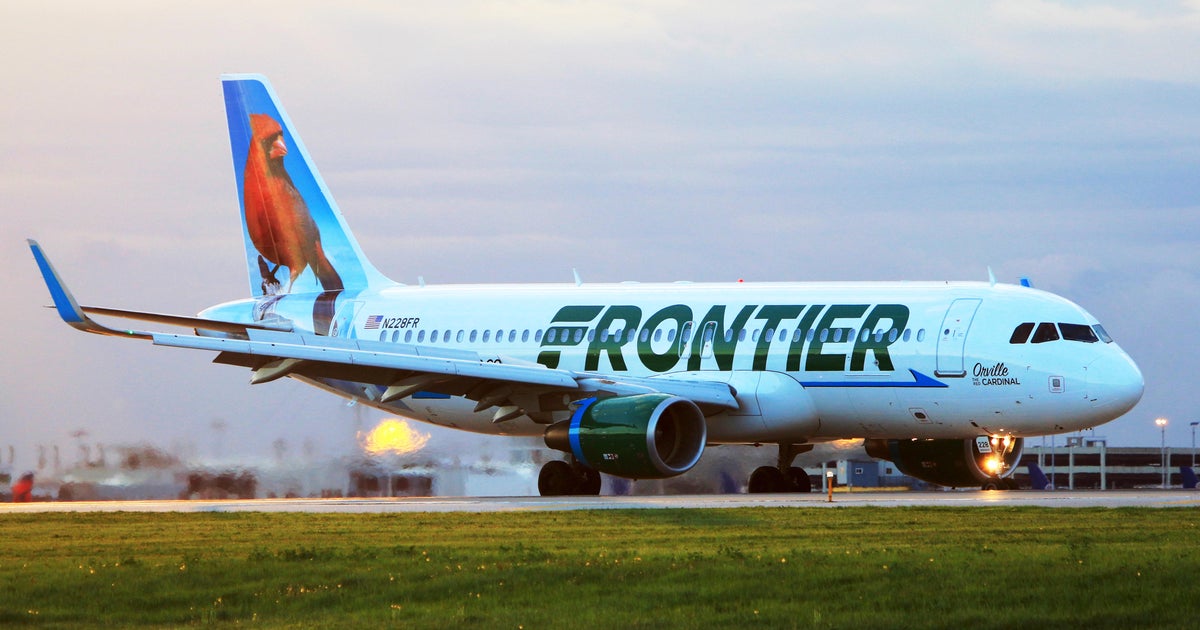United Airlines fined $1.9 million for making passengers sit on flights for hours
Federal regulators have fined United Airlines $1.9 million for allowing multiple flights to sit on the ground for hours, the largest fine imposed by the government for such long delays.
The Transportation Department said Friday that the 25 incidents occurred between December 2015 and February of this year. More than 3,200 passengers were trapped on planes without being given a chance to disembark, the department said.
In a 2019 incident, for example, a United flight headed for Chicago was diverted to an airport in Wisconsin because of a winter storm and sat on the tarmac for more than four hours without passengers being allowed to exit the aircraft, according to a consent order released by the agency.
The longest delay, more than five hours, occurred in 2016 after an international flight bound for Houston diverted to New Orleans. Passengers were only given a chance to deplane after pilots exceeded their legal working day and had to be replaced with another crew.
Federal rules require airlines to give passengers a chance to return to the terminal if a plane on a domestic flight sits on the ground for at least three hours — four hours in the case of international flights. Exceptions are allowed for safety, security or air traffic control problems.
In July of this year, airlines reported a total of 40 tarmac delays of more than three hours on domestic flights, according to the agency.
In the order, United said most of the delays involved diversions caused by severe weather, when the airline is focused on making sure that planes land safely. The airline also said the 25 flights cited by transportation regulators represent a small fraction of the nearly 8 million operated by United and its United Express affiliates over the five-year span of the violations and that it has improved its management of diversions since 2015.
United was ordered to pay $950,000. The airline was given credit of $750,000 for compensating passengers on delayed flights and $200,000 for the cost of developing a tool to improve management of diverted flights.



